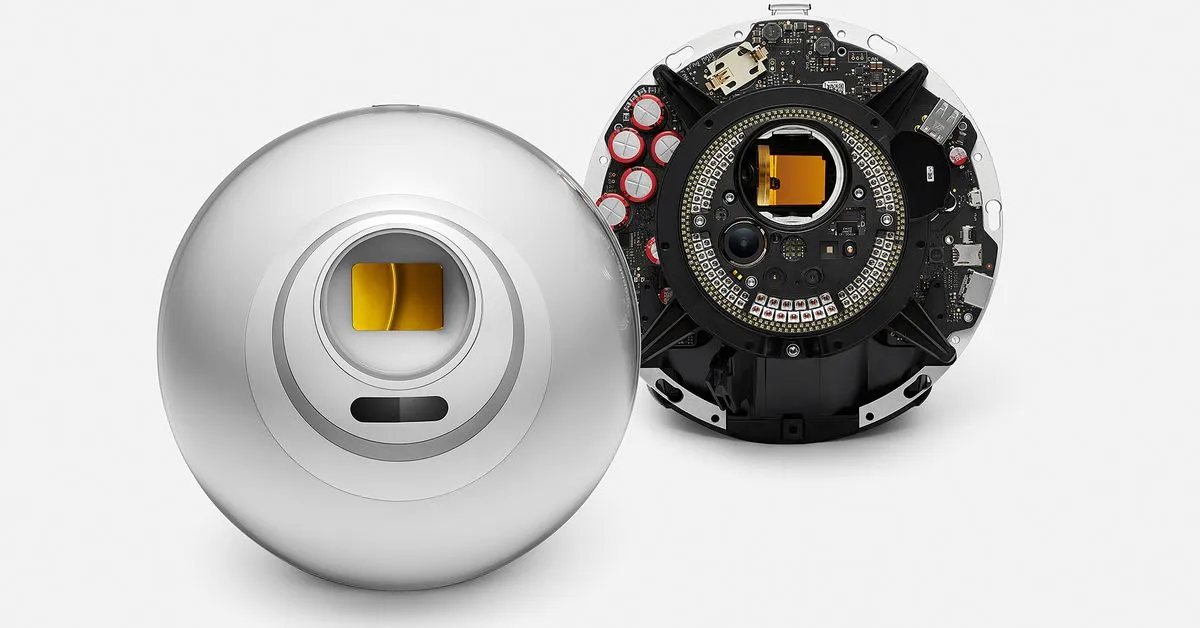Worldcoin, the blockchain identity project founded by the duo behind OpenAI, has integrated with Okta and is launching its identity protocol, World ID, in Germany, said the firm in a Thursday press release. World ID verification is now available in Germany, allowing users to get fully verified using custom-designed hardware that employs biometric data. The Orbs, as the hardware is called, will be available around the country, starting in Berlin.
Okta is an identity and access management software provider with hundreds of millions of users and is aiming for billions. A Sign in with Worldcoin option is now available on Okta’s Auth0 marketplace for authentication solutions, allowing developers to adopt it as a sign-in option on their apps alongside Google or Facebook. World ID is Worldcoin’s identity protocol, which uses zero-knowledge proofs and biometrics to verify an individual is human and unique.
In order to be fully verified by the Worldcoin protocol, users have to have their irises scanned at one of the Orbs. Orbs scan users’ irises and deploy artificial intelligence to create unique codes, or cryptographic IDs. The processing of the biometric data into an ID happens in near real-time, and the resulting digital key is stored on users’ devices. By default, the Orb doesn’t store data captured during the process.
World ID is more private than other sign-in options like Google, because you still preserve the privacy guarantees of the protocol behind the scenes, even though the developer doesn’t have to deal with that, said Tiago Sada, head of product, engineering, and design at Tools for Humanity, the company building Worldcoin. By integrating with Okta, Worldcoin can be made available into thousands of applications with developers essentially just flipping a switch and making minor code changes. Additionally, World ID helps developers and applications distinguish between humans and bots, given that it uses biometric data, such that it can better combat fraud attempts. Worldcoin has 1.9 million users in 30 countries, according to the World App.
